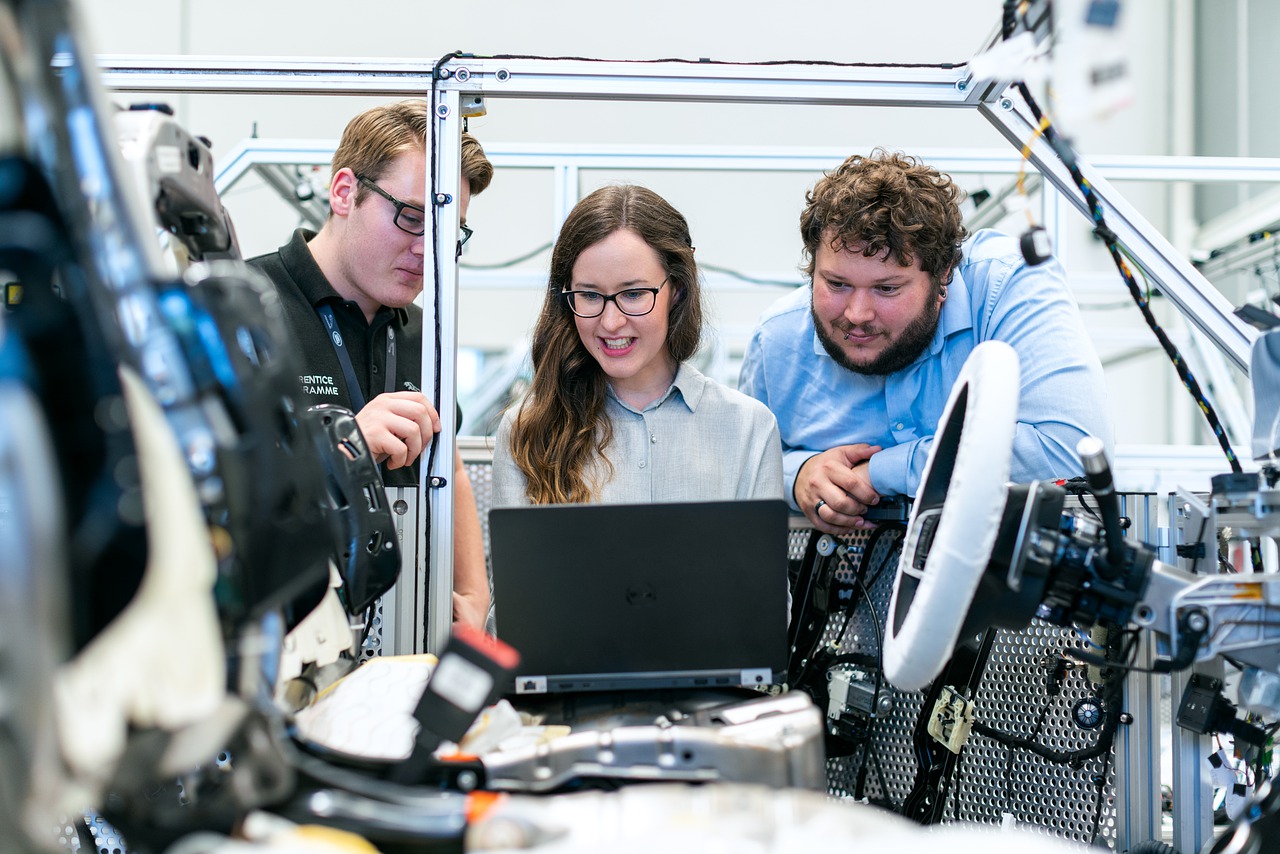Did you know that there are as many as 40 different types of engineering? I would argue that there is even more than that and I believe that the number will rise even more in the future. In order to stay concise in this article, I will talk about the three main types (or groups if you will) of engineers, and depending on which one interests you, you can research further into the categories and find out all other groups and subgroups of engineers. The three types I will be discussing today are chemical, civil, and electrical. The fourth huge category of engineering is mechanical engineering, but since I know most of us are well aware of what mechanical engineers do, I will exclude them from this article. If you have questions regarding a certain group, reach out to me and perhaps I will write whole separate articles dedicated to these groups in depth. But for now, let’s learn about the basic ones.
Chemical engineering

When people think of engineers they usually picture electrical or mechanical engineers, right? However, chemical engineering is a huge part of the engineering world and as equally important as the rest of them. Chemical engineers, as their name might suggest, are like scientists and engineers mixed together. They have great knowledge of chemistry, math, biology as well as physics and they use that knowledge to constantly improve the production of chemicals and other things we depend on every day – such as food for example. The day-to-day life of a chemical engineer is far different from that of a mechanical engineer – for one, they mostly work in labs.
Civil engineering
Another type of engineering that often gets overlooked is civil engineering. Just like a chemical engineer is something like a mix of a scientist and an engineer, a civil engineer could be pictured as a mix of architects and engineers. If you look around you what you are walking on a street, crossing a bridge, or sightseeing in a foreign country, you should know that everything around you is the work of a civil engineer. They solve infrastructural problems and usually will be found either in an office going over calculations, plans, and sketches, or at a project site where they oversee the works or check out infrastructural issues in person.
Electrical engineering

Now onto some more familiar territory. To continue with my examples of joining two known professions to better explain this one, we could say that an electrical engineer is something of an electrician mixed with an engineer. Any electrical component that you might think of is the work of an electrical engineer.
This field is so broad that it could take me several articles to explain it in-depth, but basically, an electrical engineer is involved in the making of computers, cars, and similar objects. Some of them are more focused on research and testing while others focus on manufacturing.

